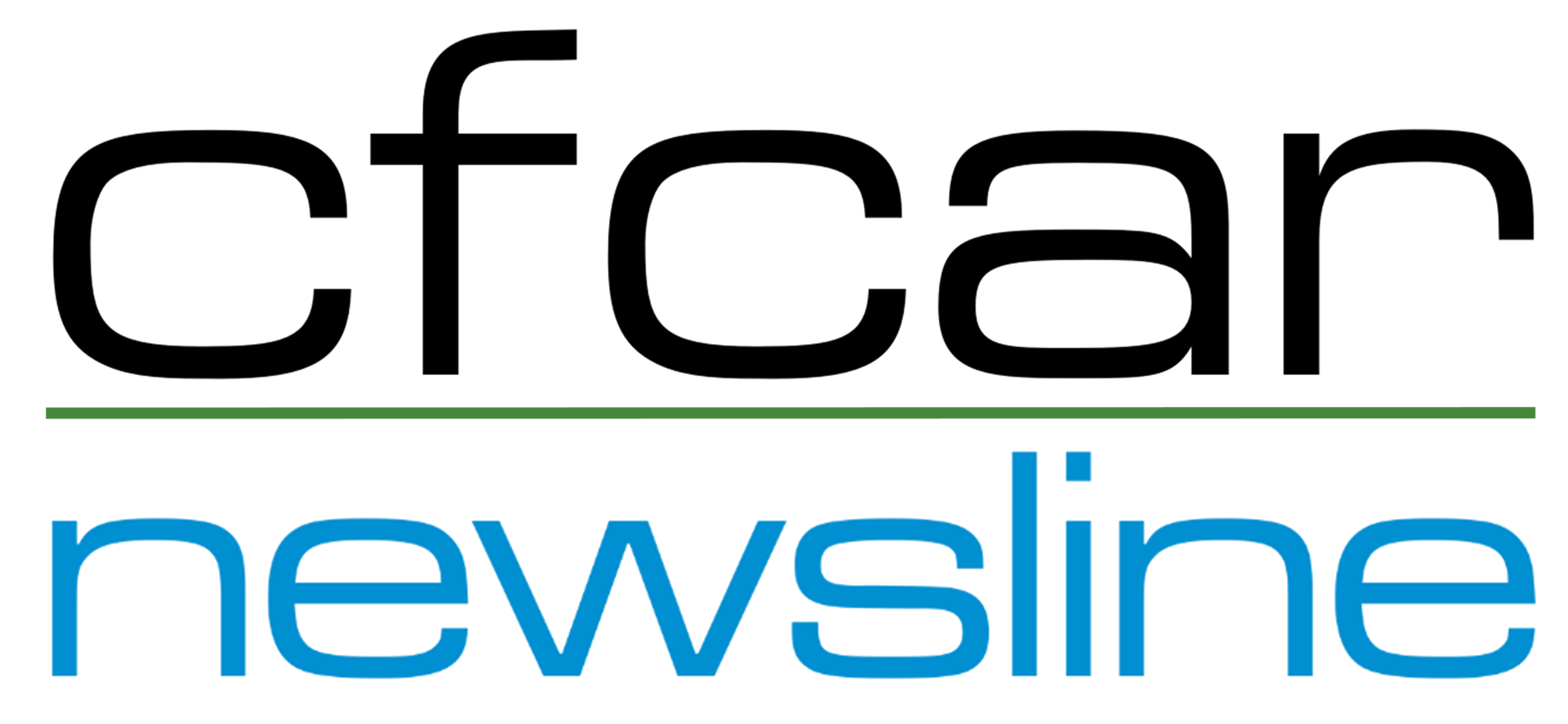
The Ruthvens CEO and Chairman | Greg Ruthven Awarded Soaring Eagle Award 03/13/2025 8:00 AM | CFCAR Diamond Sponsors CFCAR Platinum Sponsors CFCAR Gold Sponsors CFCAR Silver Sponsors
|
Upcoming Events
| Latest News
|

The Ruthvens CEO and Chairman | Greg Ruthven Awarded Soaring Eagle Award 03/13/2025 8:00 AM | CFCAR Diamond Sponsors CFCAR Platinum Sponsors CFCAR Gold Sponsors CFCAR Silver Sponsors
|
Upcoming Events
| Latest News
|